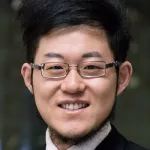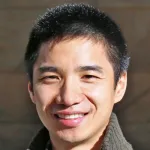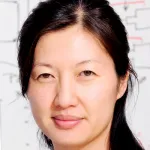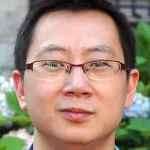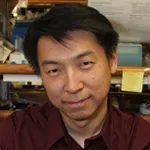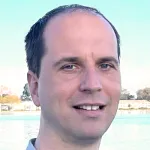
Jonas Cremer - Assistant Professor of Biology
Dr. Jonas Cremer is an Assistant Professor in Biology. He is interested in the physiology and growth of prokaryotes. Dr. Cremer studied physics and biophysics in Munich. He was a postdoctoral research at the University of California, San Diego. Before joining Stanford, he was an Assistant Professor at the University of Groningen.


